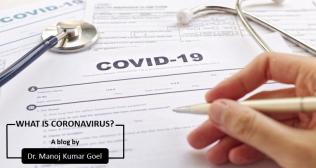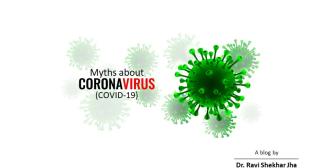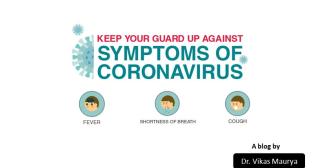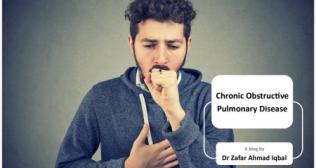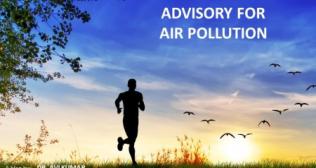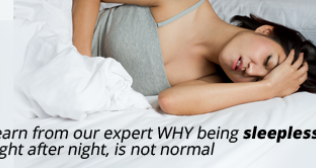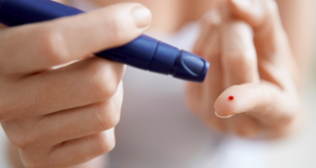
Sleep Easy Sleep Freely!
Sleep is an important factor in our lives, but with the fast and often stressful pace of our lives, it can seem like less of a priority. We often sleep late or fewer hours because we think it doesn't affect our daily activities, but that is far from true. The use of mobile phones is so rampant that screen time is not only causing a burden to the eyes but also changing our sleep patterns.
Sleeping less can increase stress, which can cause a rise in binge eating and can affect our alertness. Here, we will explore sleep deprivation, its effects, the benefits of sleeping well, and how we can have better sleep habits.
Stages of sleep
There are four stages of sleep, and they are classified into two categories: non-rapid eye movement (NREM) and rapid eye movement (REM) sleep.
NREM sleep is divided into three stages, and it is the period when the body repairs itself.
Stage 1 is the lightest stage, where you drift in and out of sleep.
stage 2, the body begins to relax, and brain waves slow down.
Stage 3 is the deepest stage, and waking up during this period is difficult.
REM sleep is the period when you dream and your eyes move rapidly. During this stage, your body is paralyzed, and your brain is highly active.
What is sleep deprivation?
Sleep deprivation occurs when you do not get enough sleep. Sleep deprivation can lead to following consequences
- Impaired cognitive function: difficulty concentrating and making decisions.
- Increased risk of accidents: drowsiness, which can lead to accidents.
- - Changes in mood
- - Mental health issues
- - Worsening of preexisting blood pressure or diabetes
- Cardiovascular system: high blood pressure and heart attacks, irregular heart beat
- Respiratory system: flare up of asthma and chronic obstructive pulmonary disease (COPD),more susceptible to develop pneumonia and flu.
- Digestive system: weight gain and obesity.
- Nervous system: Sleep deprivation can affect cognitive function, memory, and mood. It can also cause daytime drowsiness, leading to an impaired performance at work or school and an increased risk of accidents. Additionally, it can also cause mood swings and increase the chances of anxiety, depression and suicidal tendencies.
- Endocrine system: Sleep deprivation can disrupt the release of hormones, such as cortisol and insulin, leading to a higher risk of diabetes, obesity, and metabolic disorders.
- Sexual dysfunction: Infertility and reduced performance
- Weakened immune system: Sleep deprivation weakens the immune system and makes one more susceptible to infections and diseases.
WHAT IS SLEEP APNEA ?
Sleep apnea is one of the most common of disorders that often goes undiagnosed.
Common sleep apnea symptoms include:
• Waking up with a very sore or dry throat
• Loud snoring
• Occasionally waking up with a choking or gasping sensation
• Sleepiness or lack of energy during the day
• Sleepiness while driving
• Morning headaches
• Restless sleep
• Forgetfulness and mood changes
- If you are very obese, have uncontrolled diabetes, blood pressure, have daytime sleepiness, fall asleep in the backseat of the car, gain weight, or snore loudly, kindly consult your Pulmonologist.
- Sleep apnea can be easily diagnosed with a sleep test. A sleep test can be done at a sleep lab or at home.
- Sleep apnea can be managed easily after expert consultation with positive pressure or some mandibular devices. In severe cases or noncompliant patients surgery is also an option after evaluation.
What are the benefits of sleeping well?
Getting enough sleep has numerous benefits for your physical and mental health. Here are a few of them:
- Improved memory and concentration.
- Better mood.
- Improved energy and vigour
Some tips to sleep well
- Stick to a sleep schedule: Treat sleep like the priority it is. Plan when to go to bed and wake up at the same time every day, even on weekends.
- Create a bedtime routine: A warm bath or shower, listening to calming music before or reading a book can be helpful. A relaxing routine can prepare your body for sleep and aid with the process.
- Making your bedroom comfortable: Ensure that your bedroom is quiet, cool, and dark. Invest in comfortable bedding and pillows. Ensure you use your bed and bedroom to sleep rather than watch TV and finish off pending work or study.
- Limit screen time before bed: Avoid using electronic devices an hour before bed
- - Don’t use mobile phones in bed prior to sleep.
- - Don’t drink coffee or tea after 6 p.m
- - Don’t take a heavy meal in dinner
- - Walk after having dinner for 10-15 minutes
- - There should be an interval of 1.5 to 2 hrs between dinner and sleep
- - Don’t smoke or drink alcohol too late at night
- - Avoid night shifts
Categories
Clear allMeet the doctor

- Pulmonology | Pulmonology and Critical care | Sleep Medicine
-
22 Years
-
1600







